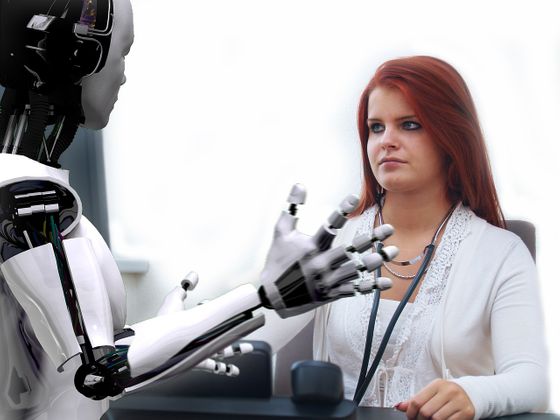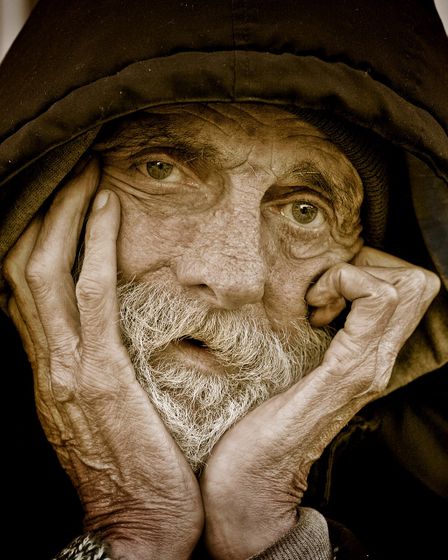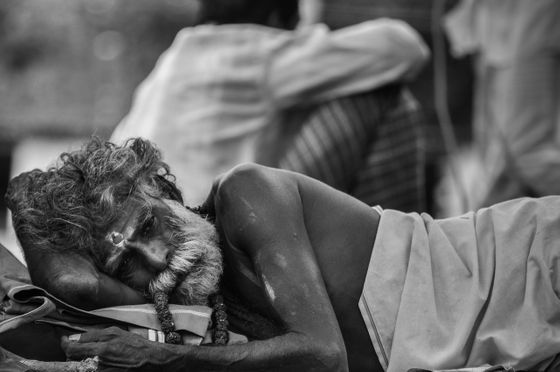What is “digital dystopia” where technology hurts the poor?

by
The British general newspaper The Guardian points out that `` digital welfare nationalization '' occurring simultaneously in the United States, Australia, and India has become a dystopia that imposes sacrifices on the poor .
Digital dystopia: how algorithms punish the poor | Technology | The Guardian
https://www.theguardian.com/technology/2019/oct/14/automating-poverty-algorithms-punish-poor
Philip Alston , a UN special rapporteur and professor of law at New York University, said in a special report submitted to the United Nations: `` Worldwide countries are rapidly adopting welfare systems that make use of technologies such as artificial intelligence (AI). ' It was revealed that human case workers have been replaced with AI for benefits such as unemployment benefits and child support, and subsidies to cover housing and food purchases.
The national welfare authorities, which are digitizing welfare services, said, “The latest technology accelerates payments of benefits, increases efficiency and transparency, reduces waste and reduces taxpayer burden, “Eliminating worker mistakes and discrimination and ensuring delivery to those who need the most limited resources,” emphasizes the benefits of digitization.

by
On the other hand, there have been reports of cases that have suffered, rather than helping the poor. The Illinois Department of Social Welfare (IDHS) in the United States significantly improved the Integrated Eligibility System, which manages applicants for public assistance, in October 2017. The functions have been expanded so that qualifications can be accurately judged. As a result, it was discovered one after another that many public support applicants had received too much benefits . IDHS's “request for refund of overpayment”, which was 7699 per year in 2010, increased dramatically to 32,881 in 2017.
Because benefits for people who are reluctant to buy food are often urgent, welfare system review procedures are often simplified. It is necessary to return the overpayments that occur as a result of this in order to maintain the fairness of the system, but in some cases, “The income that a daughter who was a teenager at that time over 30 years ago worked part-time at Taco Bell. There was a case that overpayment was claimed as “the application was missing”. The Guardian points out that these long-standing overpayments have become “zombie debt” and are afflicting older poor families in Illinois.

by
A similar situation occurs in Australia, and the automatic debt collection procedure of the welfare service Centrelink for the elderly, unemployed, and disabled people carried out by the Australian government is called robo-debt. It is. In October 2019, Centrelink charged A $ 14,500 (about 1.08 million yen) to a man with intellectual disability working by carrying a supermarket cart, and the unjustness of Robo debt There has also been a class action involving Peter Gordon, a lawyer who appeals.
In India, fatalities have been reported. India's welfare service manages individuals with Adha , a 12-digit national identification number system, but Mr. Motka Manjhi, who lives in Dumka, India, has lost fingerprint authentication due to a malfunction of the system, such as rice I was unable to receive food distribution.
As a result, Mr. Manjhi's family came to have to share food from neighbors, go to the market and hit a large piece to procure food, but that was not enough. I was forced to reduce the number of meals. Later, Mr. Manjhi was found to have collapsed in front of his home on May 22, 2019, and his death was confirmed in the transport hospital. The cause of death is not clear, but the family is convinced that Manjhi's cause of death is starvation .

by Kasun Chamara
The Guardian points out, 'System errors always occur. If the poor are treated as 12-digit numbers instead of one person, the errors will have fatal consequences.' And emphasized the dangers of an automated welfare system.
Related Posts:
in Note, Posted by log1l_ks







